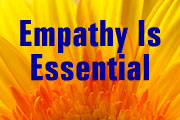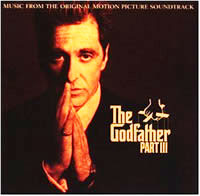 “Happiness, even in hard times, it turns out the feeling IS contagious” begins NBC’s report on Harvard’s study of 4,739 people over 20 years researching “how social networks, siblings, friends and neighbors are affected by the happiness of others.”
“Happiness, even in hard times, it turns out the feeling IS contagious” begins NBC’s report on Harvard’s study of 4,739 people over 20 years researching “how social networks, siblings, friends and neighbors are affected by the happiness of others.”
“Happiness isn’t a solitary experience, it’s dependent on others” the study asserts.
Is it surprising that researchers who studied the effects of social networks on happiness would find that social interactions are necessary for happiness? They even examined geographic variables…
“Close physical proximity is essential for happiness to spread,” the study reports. “A happy friend who lives within a half mile makes you 42% more likely to be happy yourself. If that same friend lives two miles away, the impact drops to 22%. Happy siblings make you 14% more likely to be happy, but only if they live within a mile.”
Egad! What are we meant to do to be happy? Move closer to happy friends and siblings if we have them? What if they’re not close by or if they suddenly face tragedy and become unhappy?
How does this help us find Happiness In Hard Times? Does the study provide useful insights that help the world be happier during difficult times? Did they reduce their analysis to ridiculous decimals?
NBS’c clips show people looking outside of themselves for happiness as if happiness is not a product of our own internal orientation and decisions.
“What makes me happy is… a good meal, knowing my job is in good shape, a yo yo?”
What about people facing difficult times who have none of these external delights, are they doomed to despair and depression? What can we do to bring greater joy to difficult situations?
We love NBC and MSNBC. Their integrity and intellectual sophistication is often lacking in the other networks. On occasion, NBC goes to amusing lengths to protect the public from themselves.
Watch Jon Stewart’s hilarious report on NBC’s Macy’s Thanksgiving parade coverage. A good laugh is a great way to bring happiness into your life.
See Happiness In Hard Times for Happiness Habit’s hints about how to be happy during difficult times.
Copyright © 2008, Michele Moore. All Rights Reserved. This material may NOT be published, broadcast, distributed or rewritten without permission from the authors.





 .
.

 Happiness Lessons From the Godfather
Happiness Lessons From the Godfather